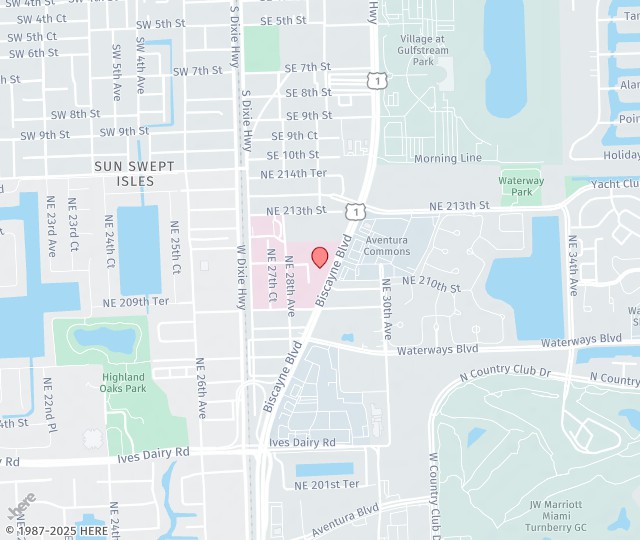Eyelid surgery or blepharoplasty focuses on restoring the eye to its more youthful, rested appearance. Dissatisfactions of the eyes stem from the excess skin and puffiness of the eyes resulting in a tired or fatigue look. The excess skin can also block one’s visions laterally and/or causes straining and constant raising of the brows to see or read. Eyelid surgery also aims to relieve some of these issues. See before and after photos.
Eyelid Surgery Procedure Details
Upper Blepharoplasty
Upper eyelid surgery or upper blepharoplasty removes excess skin of the upper eyelids. The incision is across the lid in your natural crease to the lateral aspect of the eye toward the temple area. The incision is well concealed once healed and the eyes are open. Excess bulging fat might need to be addressed if present. This surgery can be done under local anesthetic in the office.
Lower Blepharoplasty
Lower eyelid surgery or lower blepharoplasty starts with an incision on the inside of the lower eyelid. The fat is repositioned and/or removed to address the puffiness or “bags” under the eyes. If there is extra skin that needs to be removed, the incision is right under the lash line. The lower eyelid surgery is done as an outpatient surgery.
Individualized surgical plans will be customized to your need after a thorough evaluation.
Eyelid Surgery Recovery
The surgery is done as an outpatient surgery. If only the upper eyelid surgery is needed, the surgery can be done in the office under local anesthesia. Otherwise, it will be done at a surgery center. Bruising will resolve in 2 weeks but swelling will be present for a few weeks after surgery. Normal activities can be resumed in 1-2 weeks, but no strenuous activities for 6 weeks. Sutures will be removed in the office between 1-2 weeks.
What are the complications?
As with any surgery, there is risk of bleeding, infection, hematoma, scarring, asymmetry, decrease or no sensation in the surgical area, drooping of upper or lower eyelids, double vision, dry eyes, and need for further surgery. If you have dry eyes before surgery, it can temporarily worsen after surgery but typically will return back to your baseline after a few weeks. One of the most serious complications is bleeding after surgery. It’s essential to have your high blood pressure under control prior to surgery and after surgery to reduce this risk. No blood thinner or herbal medication or tea is recommended at least 3 weeks before and after surgery to reduce the risk of bleeding.
REQUEST A CONSULTATION
Please use this form for general information purposes only. DO NOT send personal health information through this form. Specific patient care must be addressed during your appointment.
Please complete the following form to request an appointment. Please also note that availability will vary depending on your request. Your appointment will be confirmed by phone by a member of our staff. Thank you!


